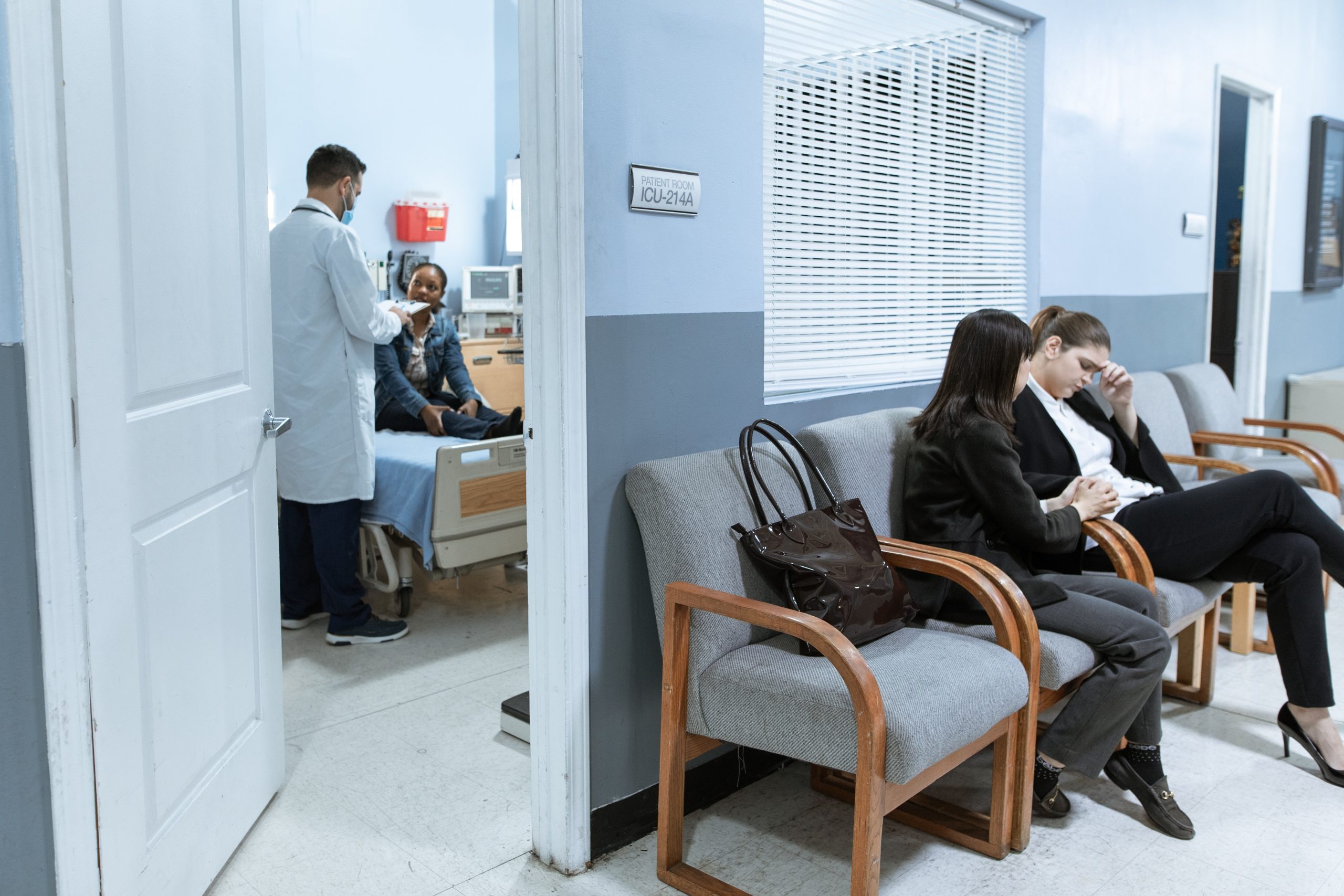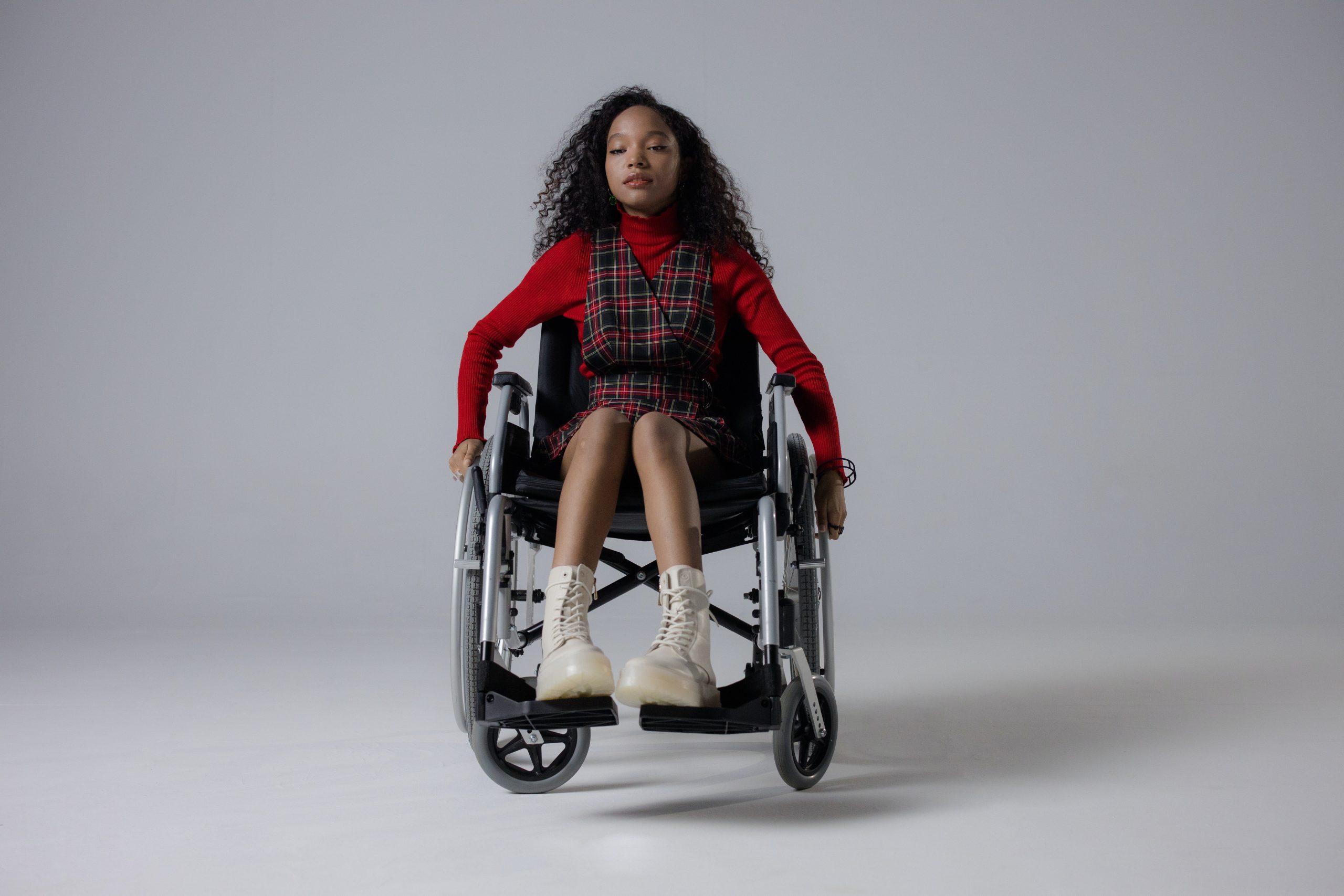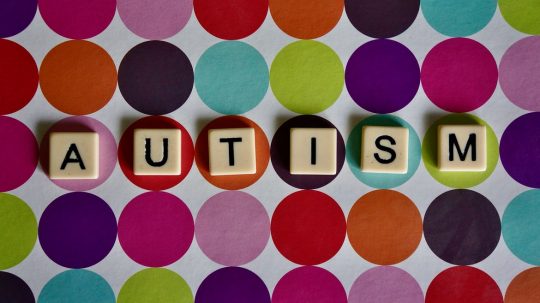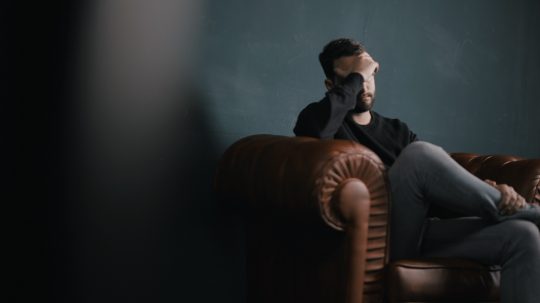In the beginning, I had trust – in my doctors, hospitals and later, employers.
But over 11 years of missed and misdiagnosis of increasingly painful, debilitating, immobilising, disabling, incurable endometriosis, I lost that intrinsic faith as often, when I asked for help, I was met with disbelief.
First, it was the family GP who ignorantly told me it was ‘impossible’ for me to feel pain in my ovary. It was so diseased, it had to be removed aged 32. Then from a new GP who laughed when I insisted on a referral to a physiotherapist eight weeks postpartum because I couldn’t sit, stand, walk or sleep from hip pain.
Being disabled in this country is often met with disbelief at every turn
Last year, the assessor for the Department for Work and Pensions (DWP) also dismissed my concerns after listening to me cry for 45 minutes as I explained I was finding the application process for Personal Independence Payment (PIP) dehumanising and distressing. Despite explaining repeatedly that I was feeling very anxious and being unable to speak for long minutes, the assessor went on to write that I didn’t seem anxious and coped well with the telephone interview.
This pattern of institutional disbelief and excessive burden of proof placed on a person already in a difficult situation, and likely suffering physically and emotionally, is a contravention of the right to healthcare enshrined in the International Covenant on Economic, Social and Cultural Rights because it blocks us from seeking and securing help.
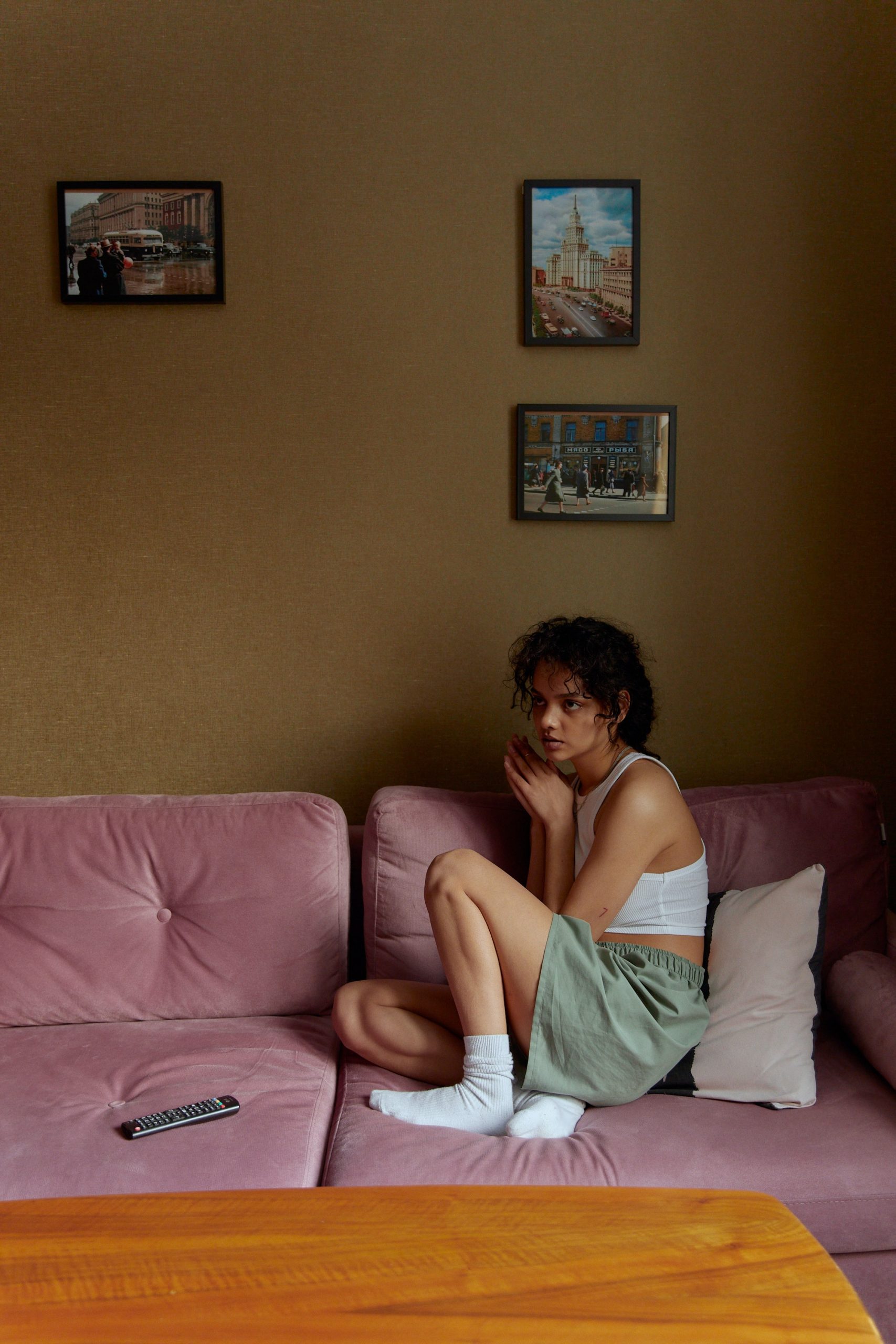
Credit: Pexels / Darina Belonogova
There were also colleagues, relatives and friends who found it hard to believe after multiple operations that I wasn’t better, and some even doubted I was really ill because the pictures I posted on Instagram were of me smiling.
Being disabled – having a long-standing illness, condition or impairment which causes difficulty with day-to-day activities – in this country is often met with disbelief at every turn and I, for one, find it exhausting. Everyone I know who lives with a disability shares this sentiment.
There are many like me dealing with entrenched systems of disbelief daily. In the UK, 14.1 million people are disabled, including 19% of all working-age adults.
More than 4.4 million disabled people are in work, though not without difficulty. Even though employers have a legal duty under the Equality Act 2010 to make reasonable adjustments, it’s not been so simple.
In my experience, you’re often made to (metaphorically) jump through hoops of disbelief to prove you are a) disabled, b) disabled enough, and then c) require reasonable adjustments or healthcare, rather than some flimsy, unsuitable alternative.
My simple request for use of one of the empty parking spaces at my London office took months to sort out. All I wanted was to cut out the long and painful public transport element of my day in favour of driving in the comfort of my car which would make my full-time job more accessible.
I had to provide medical records, letters from doctors, speak to someone from occupational health, write a humiliating personal essay about how my disability impacted me daily, and dispel so many layers of disbelief in endless, awkward meetings and CC’d emails. I almost ran out of steam by the end of it.
It shouldn’t be the already exhausted marginalised groups doing all the work to stop the marginalisation, discrimination or inaccessibility
But without that parking space, I’d have been forced to quit. That’s what it boiled down to for me. Life costs you £583 more on average a month if you’re disabled and, for me, the additional human cost of my physical suffering was becoming too much to bear. Even when I got the space, it was temporary – even though my disability is permanent – and the threat of it being taken away or suddenly chargeable at an unaffordable rate hung over me.
Fighting medics, employers, government bodies, banks or restaurants without ramps, whole towns like York that are working to ban blue badge parking and campaigning for important televised pandemic addresses from the prime minister to have sign language interpreter, is exhausting. The process is mentally depleting and makes disabled people stop asking for help and accept living a harder life than we should have to.
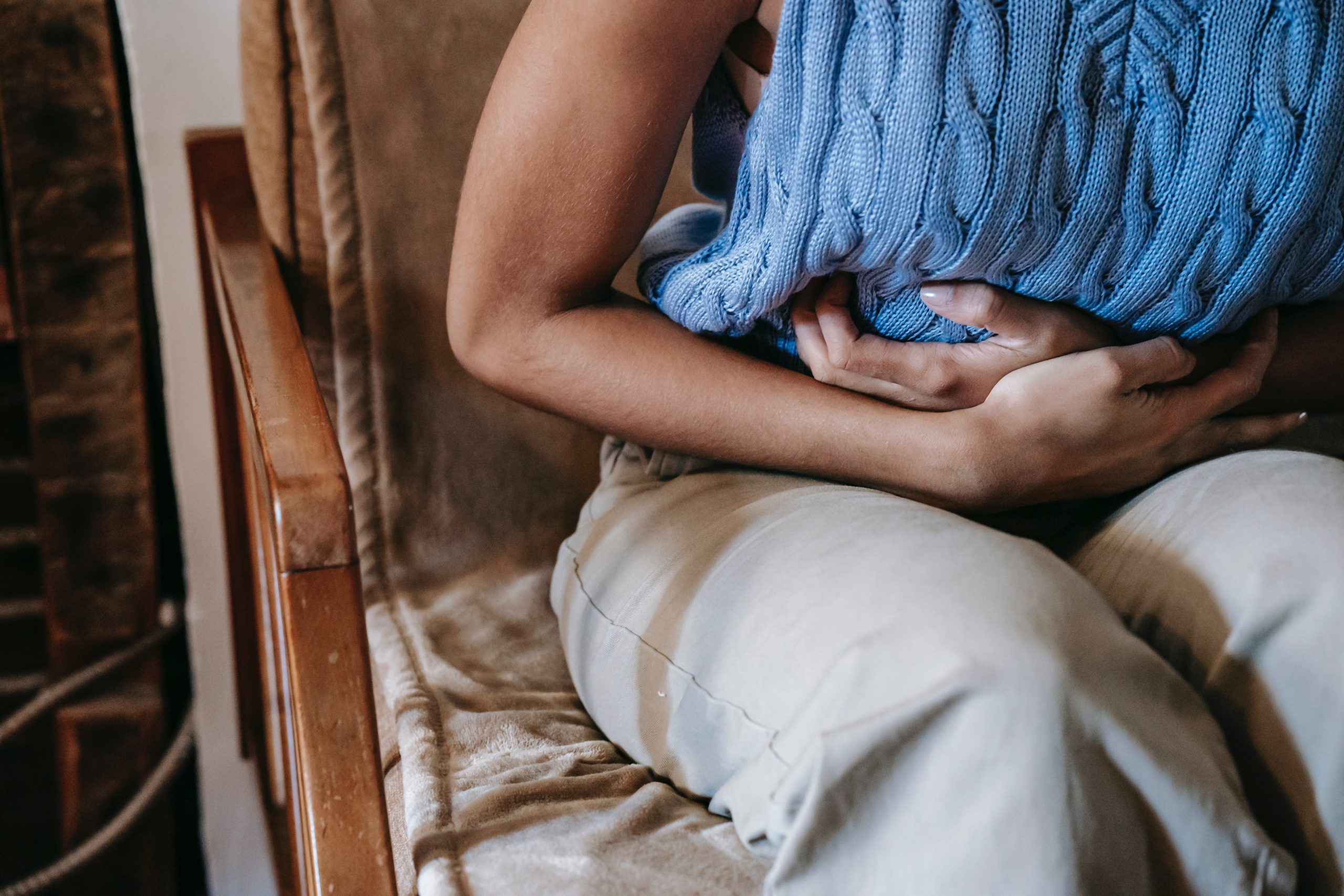
Credit: Pexels / Sora Shimazaki
It shouldn’t be the already exhausted marginalised groups doing all the work to stop the marginalisation, discrimination or inaccessibility.
There is a clear pattern of, dare I say, incompetence and failures in the system when seven out of ten claimants who pursue their rejected benefits claims – many of them centred on PIP – through to a tribunal are successful. Sadly, more than 1,000 people in the UK have died whilst fighting that battle.
How many more don’t have the information, support, or energy to pursue wrongfully denied claims? How many people with disabilities are so worn out already from the hand life has dealt them that they understandably can’t make a start? Disabled people’s human rights are being impacted on vital levels – in access to healthcare, freedom from discrimination, equality in the workplace and so on – drastically reducing quality of life.

Credit: Pexels / Darina Belonogova
A fortnight ago, I was in such a bad pain flare that I felt too anxious to call the GP and ask for painkillers. When I did, I had to put a complaint in writing and, even then, my request for a change of GP has seemingly been forgotten. I knew I’d have to advocate hard and that I wasn’t in a state that meant I had the mental fortitude to do it. I had to do it anyway, at great personal cost.
Elsewhere, ableist employers should be fully flexible with their hours, offering work-from-home options permanently and stop making those with disabilities turn themselves inside out to secure reasonable adjustments.
Any system where something extra is potentially being given can be open to abuse. But the vast majority of the time, those who ask for it need it without extra barriers being put in place to stop the able few who would abuse it from slipping through the net.
Instead, extra resources could go into finding and firing, prosecuting or banning those who abuse the system. However, don’t block those who need services, help, medication, healthcare, accessibility and compassion. It makes life so much harder. Distrusting disabled people’s experiences leaves us vulnerable to rights abuses, but it doesn’t have to – and shouldn’t – be this way.
The views expressed in this article are those of the author and do not necessarily reflect the views of EachOther.
About ‘The Inspired Source’ Series
This series is part of our work to amplify the voices of aspiring writers that are underrepresented in the media and marginalised by society. Each piece examines a human rights issue by which the author or their community is affected. Where possible, authors outline a position on how we might begin to address the issue. Find out more about the series and how to send us a pitch on this page.

